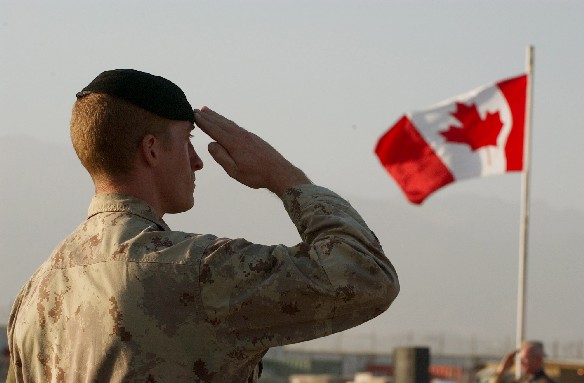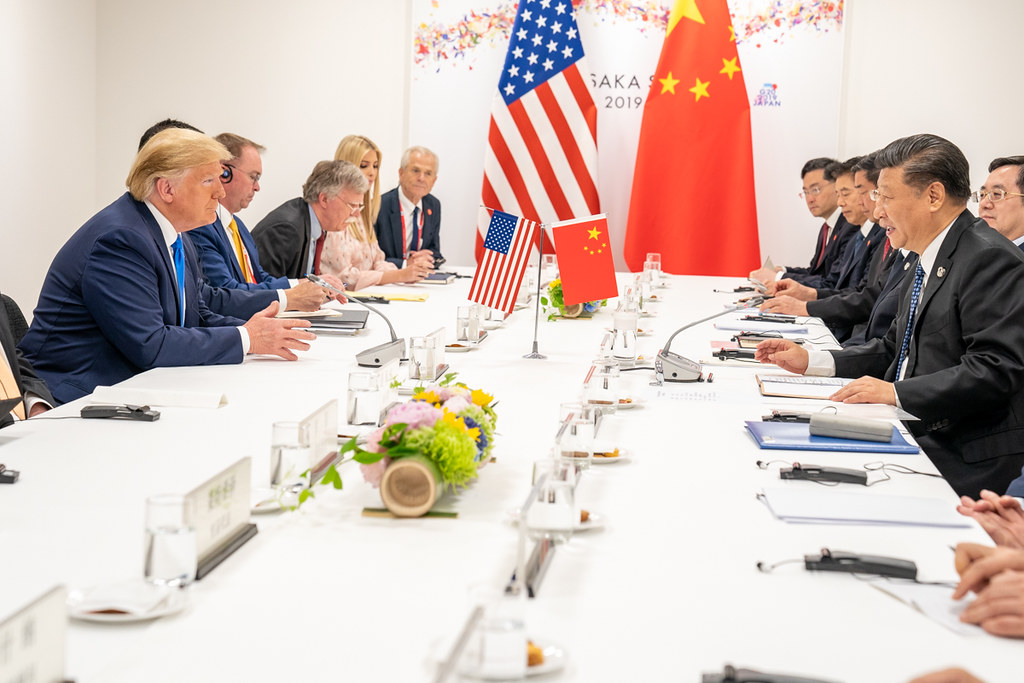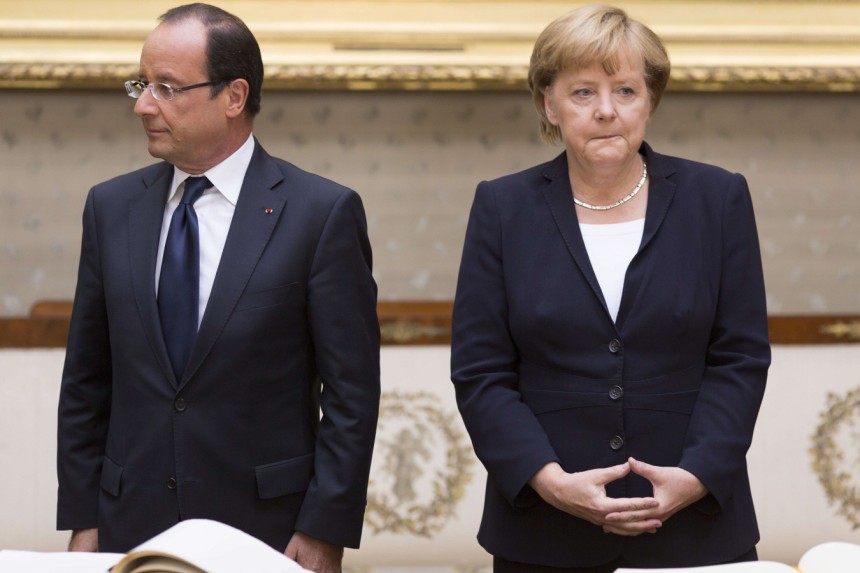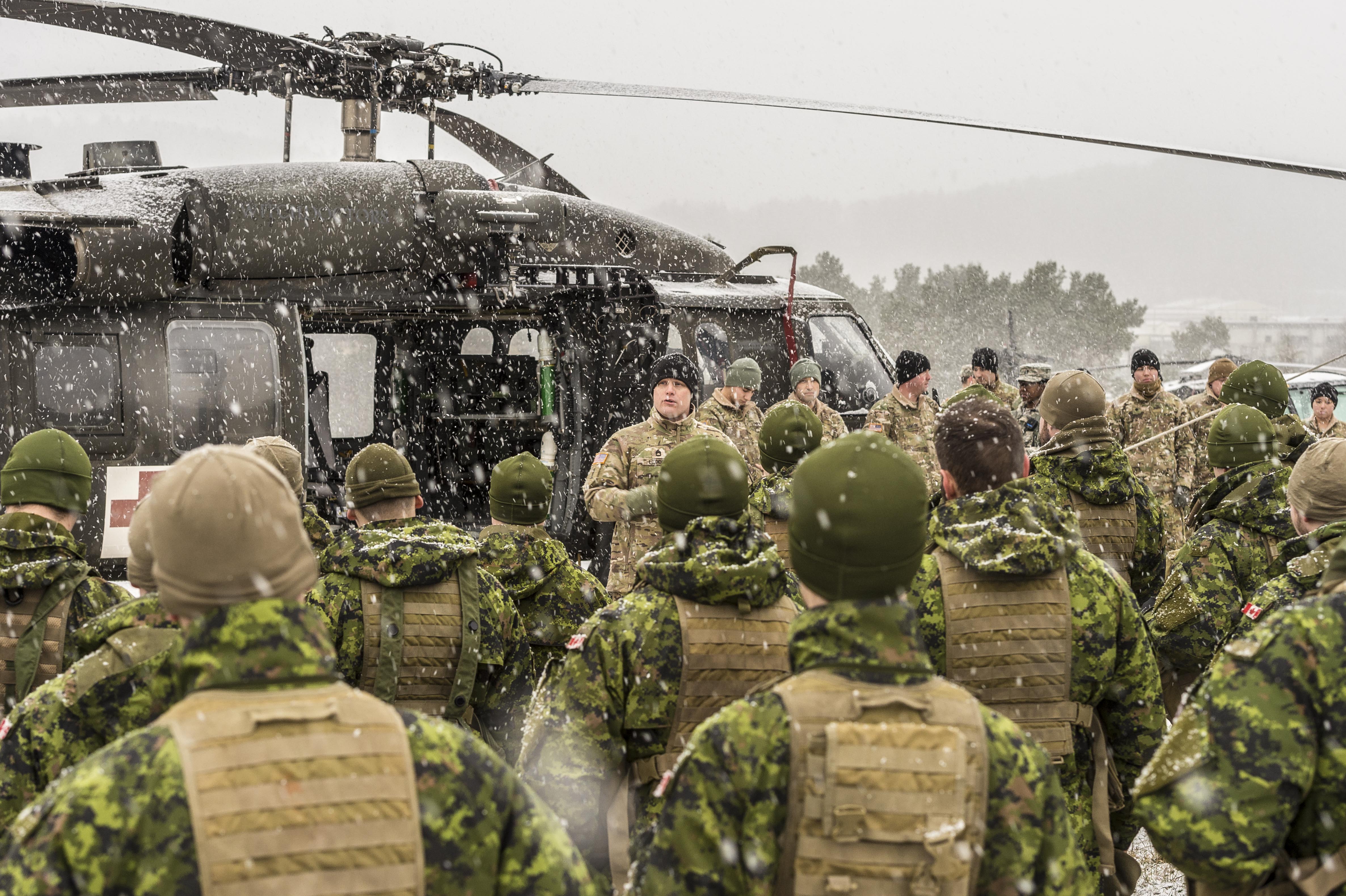There are countries that spend what many Canadians would consider to be too high a percentage of their GDP on defence, although it has been argued that Canada certainly is not among them. Throughout the 1990s federal budget cuts primarily targeted the Canadian Department of National Defence (DND). Defence spending was reduced by 30%, falling from $12 billion in 1993/94 to $9.38 billion in 1998/99. As a corollary, personnel were reduced by 20%, falling from over 80,000 to 60,000. In 2007 and 2008, defence spending stood at $14.8 billion and $15.9 billion, respectively, corresponding to 1.2% of GDP for both years. By 2011, defence spending had risen to $21 billion, corresponding to 1.3% of GDP, however, by 2012, it dropped again to roughly $19 billion. Moreover, Budget 2011 required the DND to make the largest departmental contribution to Canada’s deficit reduction plan in absolute terms, reducing DND’s budget by $1.12 billion until 2014/2015. The effects of this constraint on DND are significant.
In the mid 2000s, ranking Canadian army officers stated that the branch was too poorly funded to correct weaknesses stemming from past under-funding, to meet its current responsibilities, and to prepare for the profound changes required to ensure Canada’s defence in the future. The Army’s imperative to maintain effective capacity in the present while simultaneously reinventing itself for the future would be arduous enough if all this were not happening in the context of almost two decades of neglect.
In spite of fiscal constraint, the Government of Canada has continually deployed thousands of military personnel to support a vast range of multinational peacekeeping, combat, and other humanitarian missions across the globe. Canada’s overseas deployments dating back to the 1990s include but are not limited to, the 1997 United Nations Transition Mission in Haiti (UNTMIH), the 1998-99 United Nations Mission in the Central African Republic (MINURCA), the 1991-2001 United Nations Iraq-Kuwait Observer Mission (UNIKOM), the 1995-2004 NATO Stabilization Force in Bosnia-Herzegovina, the 1999 contribution to Kosovo Force (KFOR), the UN Support Mission in Libya (UNSMIL), and the 2002-2014 War in Afghanistan where Canada still maintains a significant number of military trainers. This has resulted in a disconcerting overstretch of the Canadian Forces (CF). Cutting the DND’s budget carries profound and potentially lethal consequences for Canada’s service members, especially when there is no corresponding decrease in the CF’s operational tempo.
In light of Canada’s commitment-capability gap, in essence a negative correlation between rising commitments and declining capabilities, the CF finds itself faced with a precarious set of choices. It can either continue to strain itself in its day-to-day operations given its current funding allotment, or to alleviate strain it can begin to systematically reduce its overseas deployments, domestic operations, and training. The latter option however, does not support an effective defence strategy according to defence analysts.
Owing to various commitments and obligations to peace and security, it has been argued that Canada must continue to deploy. As noted, Canada has traditionally contributed to NATO and UN initiatives and has rarely shirked from urgent calls for assistance. Withdrawing from international commitments would not bode well for Canada politically as its international reputation and commitment to global peace, stability, and similar moral imperatives would undoubtedly be brought into question. According to Joseph Jockel, a respected commentator on Canadian defence affairs at St. Lawrence University, Canada must decide whether to revitalize its defence apparatus or else see its global influence and stature as an effective military contributor diminished.
More importantly, Canada’s national security relies upon the ability of its military members to be trained well enough to respond to national security threats. Reducing the CF’s training and operational readiness to face challenges at home and abroad would therefore undermine Canada’s national security interests.
Academics purport that sustained deployment without inducing further strain on the CF requires increased funding to the DND to ensure its ability to defend Canada, North America and to provide assistance on a global scale, consistent with Canada’s defence policy. Proponents of increased defence have highlighted the incontrovertible need to boost the DND’s budget anywhere from $24 billion to $30 billion by 2020 to meet procurement propositions and future force structure objectives.
In sum, it would appear that the CF must adhere to traditional patterns of deployment, even as it continues to face severe under-replenishment. Major procurement projects have been cancelled or delayed and in the meantime the CF continues to expend its remaining human and materiel resources.




